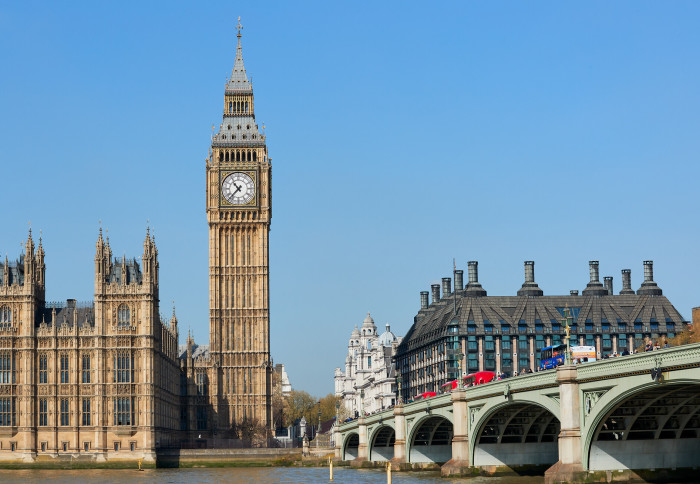Path to net zero: experts advise parliamentarians on hydrogen and fuel cells
by Mark Condren

Imperial academics have given evidence to parliamentarians about the role of hydrogen, battery and fuel cell technologies in tackling climate change.
Professor Nigel Brandon, Dean of the Faculty of Engineering at Imperial, appeared before the House of Lords Science and Technology Committee with three other academics as part of its inquiry into the role of battery and fuel cell technologies in achieving the UK’s target of reaching net zero greenhouse emissions by 2050.

During the session, Professor Brandon told peers that the UK is well placed to capitalise on the opportunities presented by hydrogen power and fuel cells, with the potential for us to lead the world in these emerging technologies. He did, however, highlight some of the continuing challenges to their wider roll-out, such as the need to scale up manufacturing of fuel cells and to greatly expand refuelling infrastructure so that hydrogen is a viable alternative in transport.
In addition to transport applications, Professor Brandon outlined some of the other potential uses for hydrogen power, such as in heating homes and other buildings. Strategic reserves of hydrogen could also be used to make up for shortfalls in power from other sources, such as wind power.
"In terms of the barriers, it is around the need for engineering and manufacturing innovation to drive down cost, plus the commitment to a hydrogen refuelling infrastructure." Professor Nigel Brandon On barriers for hydrogen technologies
Professor Nilay Shah, Head of the Department of Chemical Engineering at Imperial, gave evidence to the House of Commons Science and Technology about the role of hydrogen in achieving the net zero target. He highlighted how hydrogen technology has the potential to be a key part of reaching the target along with other solutions, and including hydrogen in the mix of energy could make decarbonisation cheaper and less complex.
In his evidence to MPs, Professor Shah spoke about the possible role of hydrogen in residential heating, noting this is more likely to come in the form of hybrid systems which include heat pumps. He also outlined the different forms of hydrogen power, stating that the government’s focus on developing ‘blue’ and ‘green’ hydrogen is the right one due to lower greenhouse emissions involved.
The committees will take further evidence over the coming months and will then produce a report with recommendations for government about how it can best support these technologies in order to combat climate change.
Imperial's vision for a sustainable zero pollution future
Imperial is leading the way to a net zero-future. We have expertise across the College in how to achieve net zero, including in our Grantham Institute - Climate Change and the Environment, Centre for Environmental Policy and Energy Futures Lab.
In September 2020, the College launched a new strategic programme Transition to Zero Pollution, one of the first initiatives of Imperial's new Academic Strategy. The initiative captures our vision to transform the way we think about pollution, bringing together ideas around resource management, health and environmental impacts, socio-economic and human behaviour in a ‘whole system’ approach.
Article text (excluding photos or graphics) © Imperial College London.
Photos and graphics subject to third party copyright used with permission or © Imperial College London.
Reporter
Mark Condren
Office of the President